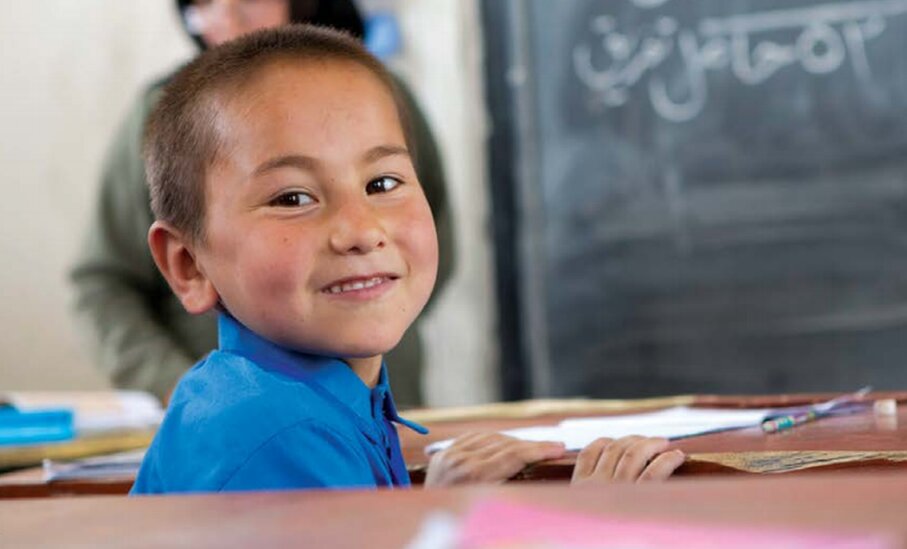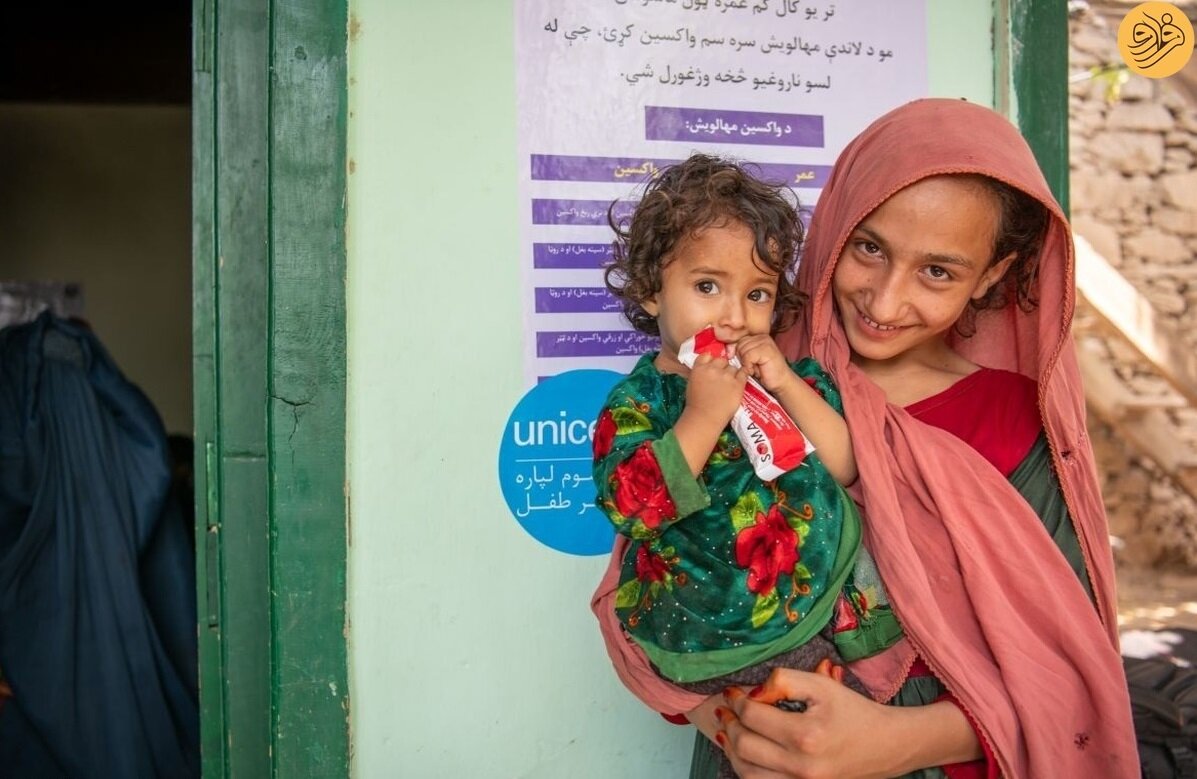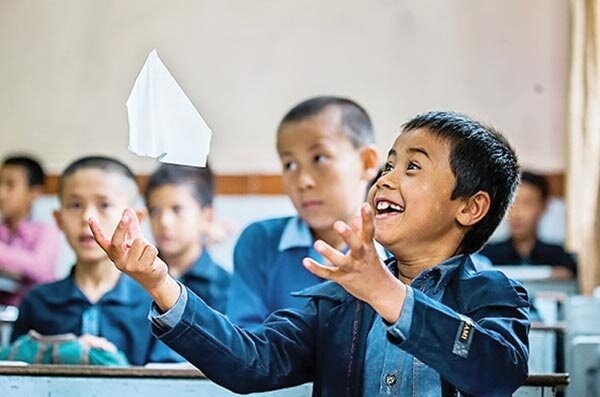Iran (IMNA) -The event saw the participation of representatives from eight states, namely Afghanistan, Azerbaijan, Kyrgyzstan, Kazakhstan, Tajikistan, Turkey, and Turkmenistan, who are currently members of the Almaty process. Iran and Pakistan attended the meeting as observers.
Moradipour, representing Iran, emphasized that the country has been directly impacted by the massive influx of millions of refugees and foreigners for over four decades. Despite these challenges, Iran has demonstrated unwavering dedication in addressing the needs of refugees, showcasing its commitment to humanitarian efforts.
Iran's Government Commended for Generous Efforts in Supporting Refugees and Foreign Nationals Amidst Challenging Circumstances
In a recent statement, Moradipour praised the government's remarkable commitment to providing essential services to millions of refugees and foreign nationals, even in the face of difficult living conditions and oppressive economic sanctions.
The official emphasized the importance of accurate information and effective data governance in the management of refugees and immigrants. This highlights the government's dedication to ensuring transparency and efficiency in addressing the needs of these vulnerable populations.
A meeting was held among eight officials to discuss various issues related to immigrants in host countries. The focus was on enhancing regional cooperation, coordinating activities in the field of migration, and sharing experiences on managing and improving the quality of data.
Iran's proactive approach towards supporting refugees and immigrants showcases its determination to alleviate their hardships and create a conducive environment for their well-being. Despite the numerous challenges posed by economic sanctions, the government remains committed to providing necessary services and support to those in need.

Almaty Process: Strengthening Regional Cooperation on Migration and Refugee Protection
The Almaty Process, a regional consultative process on refugee protection and international migration in Central Asia, is making significant strides in addressing the challenges posed by mixed migration dynamics. The primary objective of this initiative is to enhance regional cooperation and coordination on mixed migration while promoting dialogue on international migration and refugee protection.
One of the key goals of the Almaty Process is the implementation of a comprehensive, integrated, and differentiated policy for individuals on the move. By developing mechanisms for monitoring and resolving issues related to irregular migration, this process aims to ensure the safety and well-being of migrants and refugees.
Moreover, the Almaty Process seeks to strengthen the capacity of participating states in managing migration effectively and providing adequate protection to refugees. As part of this effort, an action plan is being developed to outline concrete steps and strategies to achieve these objectives.
Through the Almaty Process, Central Asian countries are working together to create a more secure and sustainable environment for migrants and refugees, fostering regional cooperation, and addressing the complex challenges posed by migration flows. This collaborative approach reflects the commitment of participating states to uphold human rights, promote stability, and find durable solutions for those in need.
Iranian Red Crescent Society Ready to Share Refugee Services Experience with Other Nations
On November 26, Pir-Hossein Kolivand, the chairman of the Iranian Red Crescent Society (IRCS), expressed the organization's willingness to collaborate with other countries and share their experiences in providing services to refugees and immigrants. This statement was made during a meeting with Lalini Veerassamy, the Chief of Mission of the International Organization for Migration (IOM) in Iran, as reported by IRNA.
Kolivand emphasized that the IRCS is driven solely by humanitarian motives and does not expect anything in return for their assistance. He highlighted the disparity between Iran and other countries that receive substantial funds from international organizations but fail to deliver the same level of support to refugees.
Veerassamy acknowledged the valuable services provided to Afghan refugees by Iran and commended the country for hosting millions of immigrants and refugees. Managing and organizing such a large number of foreign nationals poses significant challenges, but Iran ensures that these individuals are treated well.

International Organization of Migration to Assist IRCS in Alleviating Refugee Sufferings and Promoting Iran's Exceptional Services
In a recent statement, a representative of the International Organization of Migration (IOM) announced their collaboration with the Iranian Red Crescent Society (IRCS) in addressing the common objectives of alleviating the sufferings and hardships faced by refugees. The IOM expressed their commitment to working closely with the IRCS to provide favorable cooperation and support.
Furthermore, the representative emphasized the joint efforts to showcase Iran's exceptional services for refugees on a global scale. By highlighting Iran's success in managing immigrants, the aim is to introduce the country as a leading nation in this field. This strategic move aims to raise awareness about Iran's contributions and successes in refugee assistance.
According to official statistics, approximately five million Afghan nationals currently reside in Iran, with Khorasan Razavi province being home to around one million of them, predominantly concentrated in the capital city of Mashhad. Iran has been hosting one of the largest and most protracted refugee situations globally for over four decades. Throughout this time, the country has generously provided asylum to refugees, primarily from Afghanistan.


Your Comment